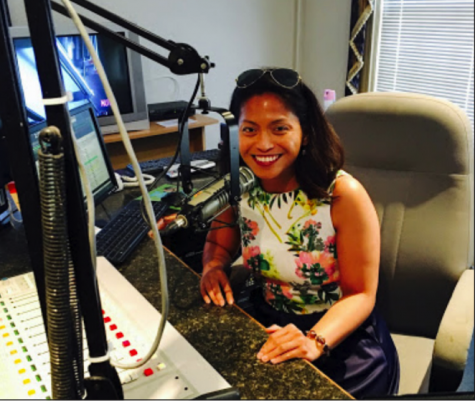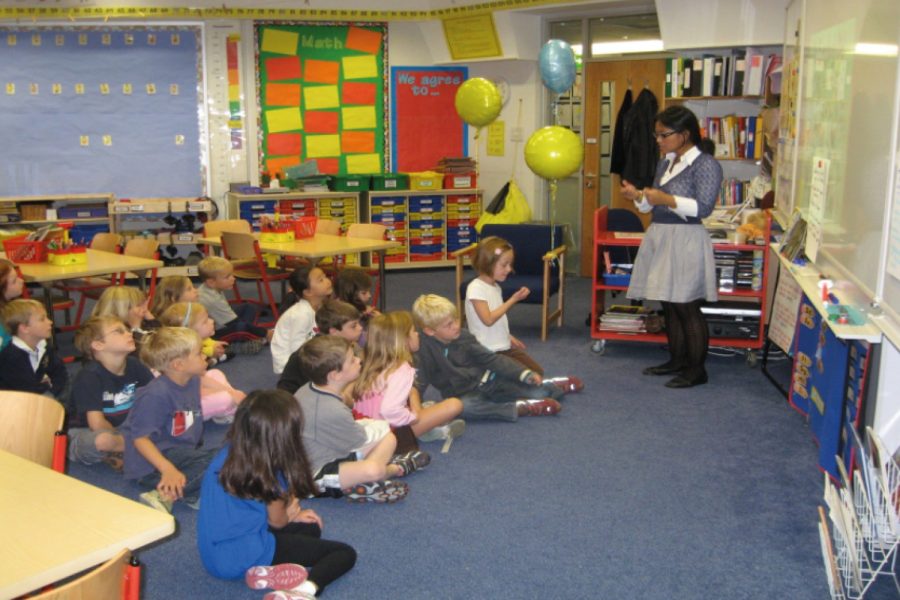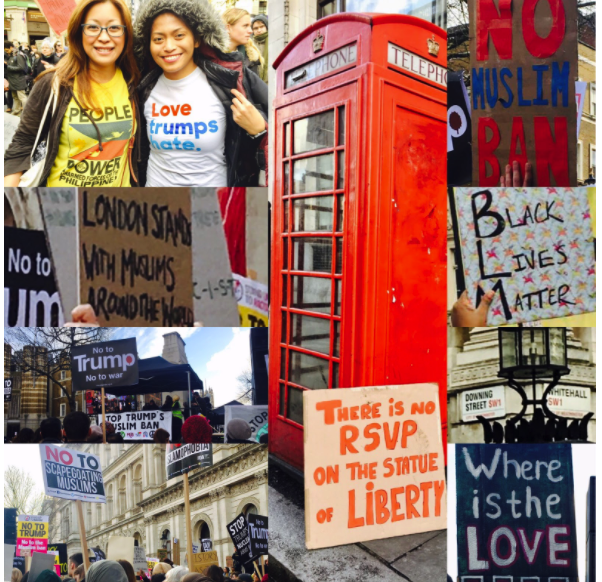Photo courtsey of Jennifer Abastillas
Abastillas teaches first grade in 2009-2010, including current Grade 12 students Emily Forgash (’21) and Eric Henrikson (’21). Abastillas started teaching at the school in 2008, and has since taken her influence beyond the classroom and into the realm of diversity, equity and inclusion work at ASL.
Jennifer Abastillas works to diversify world of education
Although Jennifer Abastillas is currently teaching Grade 1, she has impacted the entire school community through her diversity, equity and inclusion work since her arrival in 2008.
Abastillas contributed to the creation of ASL’s affinity group the Community of Color, and has helped change the process of admissions and faculty recruitment to ensure a diverse community. Her encouragement for teachers to adapt their curriculum has shifted ASL’s reputation into being a “racially literate” school.
In her words:
Every child remembers when they became a critical thinker.
I moved to the United States when I was 10 because of a change in leadership. In the Philippines, we had a dictator, and there was a democratically elected new president. There was a whole people power movement, and when I went to the United States, I remember watching the news coverage.
My parents worked for the United States government when we lived in the Philippines, and I knew how much the United States was supporting the dictator. I knew that. But the media in the United States didn’t portray it as such. That’s when I realized at 10 years old that not everything is how it seems.
Finding a path
For me, it was a slow revelation to think that education was where I needed to be.
— Grade 1 Teacher Jennifer Abastillas
When I was younger, I did everything, because I didn’t know what I wanted to do. I was in education, I did communications, and then I did politics.
I started to really think about what I was going to do after college, and law school was one of my options as a politics major. But, I had a dean who looked at me and said, ‘Well, law school is an expensive way to figure out what you want to do with your life.’
I really wanted to make a difference. When you’re in the decision-making room in politics, you can make a difference there. When you are like Oprah Winfrey in the media, you can make a difference there. Those were places you could make a difference, right?
I started off as a music DJ and then the general manager. I was just an undergrad, but the college experience is different. When we were programming, we did a talk show. We brought in political things that were happening on campus, and at the time, the University of Virginia had a lot of racial tension. There was still a lot of protesting and I was involved in a lot of political organizations.
And so, once in a while, there’d be a party, and then the cops would come and break it up, and it’d be mostly because it was a party with mostly Black people. Things like that were happening a lot, and we would bring things that were relevant to the students into our talk show.

But I realized that with both the media and politics, there was a lot you could not control, because of money, because of finances, because the market dictated it.
Becoming a teacher
Then I had another dean tell me, ‘You’re really interested in education.’ At the time I was at the Asian Student Union, and I did an Asian American workshop once a week.
I found it most powerful when you can just close the door in a classroom, and it is you and the children. Whatever you say, it influences them. That is real power to me, and of influence and making a difference.
So I did Teach for America and taught at the placement site for three years. It is very rare for you to find someone who did Teach for America that is still teaching now, because most new teachers stop teaching within five years, especially in public schools.
I taught in New York City. For me, it was a revelation, a slow revelation to think that education was where I needed to be. I felt more impactful.
Working at ASL
I loved my job in New York, and I felt really good about where I was. But I came to visit London, and I came to ASL.
When I came, it was a first grade class, and we were introducing ourselves. The first graders were saying where they were born, and I said I was born in the Philippines. And one kid said, ‘Oh, my nanny was born in the Philippines,’ and another girl, ‘Yes, my nanny, my nanny.’
Then you start trying to think that I am not supposed to be proud of this, because I do not see representation, I do not see someone else like me. That’s the piece that I think I needed to impart for the young children.
And an hour later I went to the interview and I said I need to be here. I need to be in this school because they cannot only know Filipinos that are their nannies.
That to me was so critical in the step toward what we are now at the school, that the diversity is in visual diversity and the visual presence of it.
I found it most powerful when you can just close the door in a classroom, and it is you and the children. Whatever you say, it influences them. That is real power to me, and of influence and making a difference.
— Grade 1 Teacher Jennifer Abastillas
The first thing we did was admissions, the admissions changed their way of recruitment. It was always hush hush, how to get into the American School, people thought you had to be American.
They never went to fairs to recruit students. It was always who you know, meaning like your friend of a friend. But when you have a predominantly white institution, then most friends of a friend are going to be white.
We still struggle with this, but teacher recruitment was the next one. Lots of repetitive professional development of teachers, and then trying to get them to change their curriculum for the students.
I think ASL, since we started doing this work, has become a trailblazer, sadly, even though it is not even where it is supposed to be. Highly competitive schools like ours, and colleges that are mostly predominantly white, they are the most important to change because they have that influence.
Every child remembers when they became a critical thinker. Maybe it has not happened to you yet, but when you remember you became a critical thinker, you’ll never forget it.



